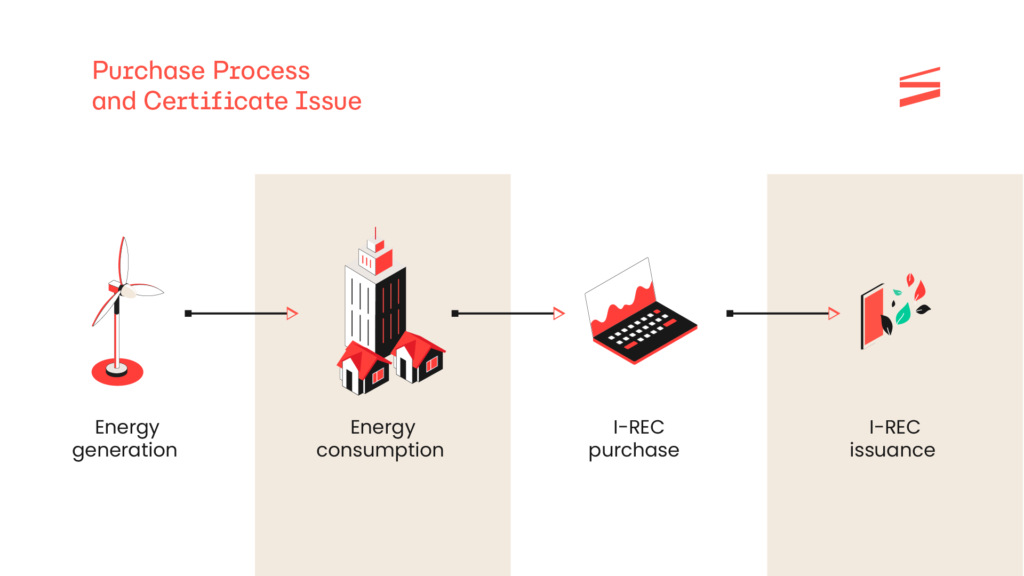Mais buscados:
Energy
Residential
Business
Renew Energy
There’s a lot of talk going on about sustainability and how important it is for the planet. But how can it benefit businesses? How can your company be more sustainable?
The Brazilian energy grid is composed of several sources (thermal, hydroelectric, solar, wind, biomass, among others). All energy generated is “mixed” into the grid when entering the National Interconnected System (SIN). Thus, it’s impossible to ensure that the energy that reaches your business comes from 100% clean sources.
To allow for this traceability, it is necessary to track where the energy consumed comes from, and Renewable Energy Certificates can help in this endeavor.
Renewable Energy Certificates (RECs) are certificates that attest to the origin of the energy consumed, tracing the energy from source to end consumer. They are audited by specialized and licensed certifiers and can be used to abate GHG Protocol Scope 2 emissions. Each REC is equivalent to 1 MWh (one megawatt hour) consumed.
There are two important bodies that regulate and monitor certificates. The first is the I-REC Standard, an international entity that monitors the standardization of certificates and guarantees that each certificate is unique (i.e., that there isn’t more than one certificate issued for a same MWh). The I-REC Standard also ensures that the market follows best practices and good governance principles.
The second body is Totum Institute, responsible for authorizing clean-energy generators to issue certificates here in Brazil. Totum Institute audits energy plants, registering and controlling their records on the platform and issuing their certificates.
This certification is important to track the origin of electricity consumed, which can be done from anywhere in the world. As explained previously, energy distribution in Brazil is done through the National Interconnected System (SIN), where the country’s energy mix is stored. With RECs, and based on the tracking done by issuers, consumers can prove that the energy consumed comes from sustainable sources.
To obtain a certificate, it is first necessary to verify the volume of energy consumed in a given period. Since 1 MWh (one megawatt hour) is equivalent to 1 REC, the volume of RECs contracted must correspond to the volume of energy consumed.
Then contact for your supplier. Whether digitally or speaking to a Serena expert, you can obtain I-RECs.

The advantages for companies that migrate to clean energy consumption are many. As these certificates are internationally recognized, RECs can be used to offset GHG Protocol Scope 2 emissions, relative to electricity consumption. Furthermore, RECs allow entities to reinforce their commitment and positioning toward socio-environmental causes.
In summary, the benefits include:
Also check out our complete guide with everything you need to know about the Free Energy Market.

Receive the latest news from Serena and the energy market!
